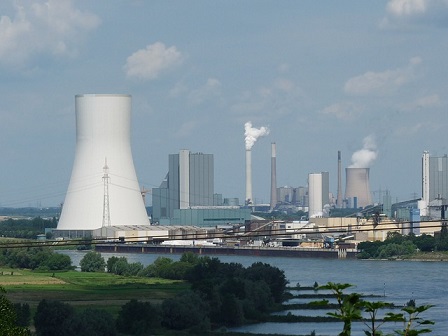The question of whether environmental regulation hinders economic efficiency has long been important and controversial. Today, especially in many developing countries, this debate attracts much attention and entails significant policy ramifications. This project will investigate China, the largest developing country, manufacturer and emitter in the world, and will try to estimate the effects of environmental regulation on firm performance.
To do so, the research team will employ an empirical strategy that exploits a novel spatial regression discontinuity design that is implicit in China’s surface water monitoring system. The team hypothesize that within a small neighbourhood around a surface water quality monitoring station, upstream firms face tighter environmental regulations than downstream firms. This is because water quality monitors can only pick up pollution information from upstream. Water quality readings are used by the central government to evaluate local environmental performances, so local governments have strong incentives to require upstream firms to abate emissions. By focusing on a narrow geographic band only stretching from a few townships upstream and downstream to each surface water monitoring station, the researchers will be able to estimate the impacts of water pollution controls on industrial firms’ economic and environmental performances.
This project’s findings will help inform environmental policy design in China, as well as other developing countries.







